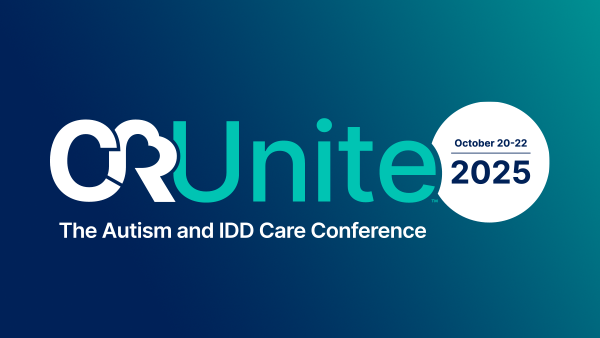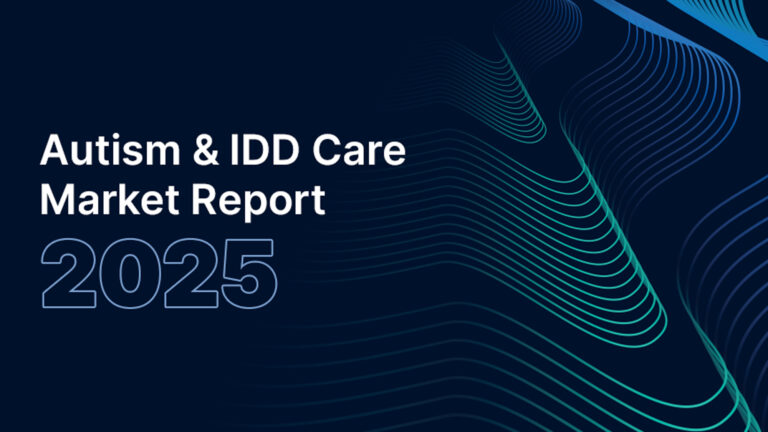Practice management software (PMS) is essential for managing and streamlining administrative responsibilities and optimizing operations. This software plays a pivotal role in allowing clinicians to focus their energy and attention on elevating client outcomes. This article will dive into practice management software within healthcare settings, exploring components of a comprehensive PMS and the advantages of using one.
Understanding Practice Management Software
Practice management software is used in many fields, from legal to healthcare and other professional services. Applied Behavior Analysis (ABA), speech, occupational, and other therapy providers commonly use practice software to manage client records, session notes, scheduling, billing, reporting, and other critical functions. This software allows organizations to efficiently manage their day-to-day operations, improve client care, enhance communication, and ensure compliance with laws and regulations.
The following features and functionalities are often included in practice software, though features can vary. It’s important to compare and contrast the elements of each system to identify the best one for your practice.
- Scheduling
- Credentialing
- Authorization management
- Billing, invoicing, and claims processing
- Management of electronic health records (EHRs)
- Client intake
- Staff onboarding
- Robust reporting
- Seamless integration with clinical data
- HIPAA-compliant messaging

Benefits and Advantages of Practice Management Software
Therapy providers and other healthcare organizations may experience many benefits from utilizing an all-in-one practice management software. Some of these advantages include:
- Streamlining workflows–An all-in-one practice management software optimizes operations, enhancing workflows for a more cohesive and efficient process.
- Reduced human error—Transcribing data from one system to another increases the likelihood of errors. Utilizing an integrated PMS decreases this risk.
- Compliance–Keeping all data under one HIPAA-compliant roof ensures compliance with federal and state laws and payor regulations.
- Improved organizational efficiency–Replacing disintegrated systems with an all-in-one practice management solution enhances organizational efficiency.
- Enhanced revenue cycle management (RCM)--Billing all services from a single software system increases accuracy and efficiency, improving the likelihood of clean claims and timely collections. Improved RCM can also result in less frequent payor audits.
- Optimized scheduling–Healthcare scheduling can be complex and challenging to navigate, but streamlined software with built-in authorization management makes it more manageable.
- Increased productivity–With everyone from clinical staff to administrative support personnel all working out of a single, centralized system, each team member has easy access to everything they need without scrambling through multiple software systems, logins, or paper documents. Reducing busy work saves time and increases productivity.
- Improved clinical outcomes–Practice management software reduces unnecessary busy work, allowing clinicians to focus their energy where it matters most–Elevating clinical outcomes with their learners.
- Reporting and insights–Practice software enables organizations to monitor key performance indicators closely to better understand their practice's health and sustainability through reporting and analytics.
Practice management systems can streamline most aspects of an organization’s operations. Credentialing, billing, authorization management, session notes/documentation, intake, and onboarding can all be optimized with practice management software.

Components of a Comprehensive PMS
Integration capability is one of the most beneficial components of a comprehensive practice management program. An extensive PMS can seamlessly integrate with other organizational systems, such as clinical data collection software.
The essential components of a comprehensive PMS include:
- Scheduling & authorization management–A comprehensive system should allow for robust client scheduling with authorization integration. Scheduling capabilities can include a variety of calendar views, cancellation tracking with reasons for easy attendance monitoring, and utilization warnings to avoid over-utilization.
- Billing & invoicing–Billing modules automate the billing workflow by generating a claim with integrated clinical data for optimal accuracy. From there, billers can track payments and manage insurance claims.
- Client records management–This feature allows for the storage and management of electronic health records in a single, secure location. Some practice management programs include customizable templates for session notes, treatment plans, and other client documents.
- Communication–Secure HIPAA-compliant messaging enables improved collaboration by allowing clinicians to communicate with clients, caregivers, supervisors, staff, and colleagues.
- Reporting & analytics–Practice management modules provide insights into staff performance, financial metrics, client outcomes, and other key indicators of organizational functioning. Comprehensive systems offer customizable reports with graphs and other tools to make data-driven decisions.
Industry-Specific Applications
Many industries utilize practice management systems to streamline and optimize their workflows. Each industry’s systems are tailored to meet the specific needs of their field. Legal practice management systems are created with functions that enable case management, scheduling and deadline tracking, time tracking, billing, and other daily operations.
Healthcare systems offer similar features with specialized tailoring to the medical and therapeutic fields' unique needs. Healthcare PMS solutions offer HIPAA-compliant electronic health records. Additionally, these systems integrate with healthcare-specific coding and billing standards.
Practice management programs provide customizations to adapt to the nature of the industry and the specific needs of the practice. Customization can come in the form of automated workflows and customized templates that meet unique funder requirements.

Selecting the Right ABA Practice Management Software
Choosing the right solution is critical for optimizing operations and increasing efficiency. With so many practice management solutions available on the market, it can be challenging to decide which is best for your organization’s needs. Consider the following factors when selecting a system:
- Cost–As with any business decision, the financial element should be considered. Evaluate not only the software's costs but also its return on investment.
- Industry-specific features–Evaluate whether the system's features meet industry-specific needs. For those in ABA or other healthcare fields, consider features like scheduling with built-in authorizations, insurance claims processing, and documentation templates.
- User-friendly–Consider solutions with an intuitive user interface. Opting for a system without one will likely result in your team not utilizing the features to their fullest potential.
- Scalability–Compare systems that will scale with you as your organization grows. Even if you don’t have growth plans on the horizon, find the solution that will allow you to scale when the time comes.
- Integration–For seamless workflows, choose a practice management software that integrates with other systems, such as clinical data collection.
CentralReach offers practice management solutions for ABA and multidisciplinary organizations that check the above and more. With comprehensive support and training, CentralReach helps organizations maximize the value of their practice management software.
Conclusion
In today’s digital age, practice management software is essential for streamlining workflows, improving operations, and managing organizational health across many industries. Selecting the right PMS tailored to your industry and organizational needs can enhance outcomes, improve staff satisfaction, increase productivity, and elevate growth.
Posted in Practice Management
You may also like...
Related information and stories
Maximize Revenue with ABA Billing & Revenue Cycle Management Software
ABA billing can be complex. Billers juggle a delicate balance of data transfer, audits, claims submission, triage, and collections. Using the right tools and workflow can improve efficiency for your…
Continue ReadingUnleashing the Power of CentralReach Practice Management Software: Empowering Billers to Excel
In today’s dynamic ABA landscape, efficient practice management is paramount for delivering quality care while ensuring the financial well-being of organizations. For billers, navigating through the complexities of billing processes…
Continue Reading






